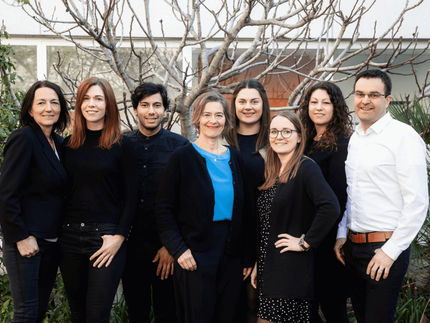Agilent Technologies and Johns Hopkins University to Research Toxicity Pathways for Embryonic Brain Development
Advertisement
Agilent Technologies Inc. and the Agilent Foundation announced that Dr. Thomas Hartung has received an Agilent Thought Leader Award in support of his research for the use of toxicity pathways to predict developmental neurotoxicity. This work could help identify possible contributions of chemicals to disorders such as autism and attention hyperactivity disorders. Dr. Hartung recently was named a leading toxicologist by the science journal Nature.
The award includes Agilent Foundation funding for research and a company donation of instruments worth more than $500,000 to the Center for Alternatives to Animal Testing (CAAT), part of the Johns Hopkins Bloomberg School of Public Health. Dr. Hartung, director of CAAT, will focus his research on the identification of novel toxicity pathways by combining two promising cell culture models with emerging metabolomics technology.
“This award makes cutting edge technology available for a project in the core of implementing the vision of a new regulatory toxicology,” says Hartung. “Problems of the 21st century can only be solved with 21st century technologies.”
“The information we need to fully understand the toxic effects of chemicals on humans cannot be obtained using traditional animal models. We are not 70-kilogram rats,” adds Hartung.
The identified pathways will be annotated in a public database the scientific community can use for further mechanistic studies. This will be of particular benefit to the pharmaceutical and chemical industry to assist with identifying how drug compounds and chemicals interact with human biochemical pathways. In the case of drug development, this information will allow for better toxicological assessment of promising drug lead compounds at early preclinical stages, reducing costs and time.
Other news from the department science

Get the life science industry in your inbox
By submitting this form you agree that LUMITOS AG will send you the newsletter(s) selected above by email. Your data will not be passed on to third parties. Your data will be stored and processed in accordance with our data protection regulations. LUMITOS may contact you by email for the purpose of advertising or market and opinion surveys. You can revoke your consent at any time without giving reasons to LUMITOS AG, Ernst-Augustin-Str. 2, 12489 Berlin, Germany or by e-mail at revoke@lumitos.com with effect for the future. In addition, each email contains a link to unsubscribe from the corresponding newsletter.


























































